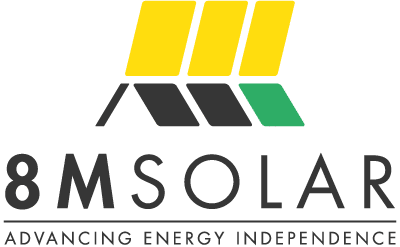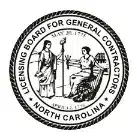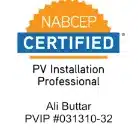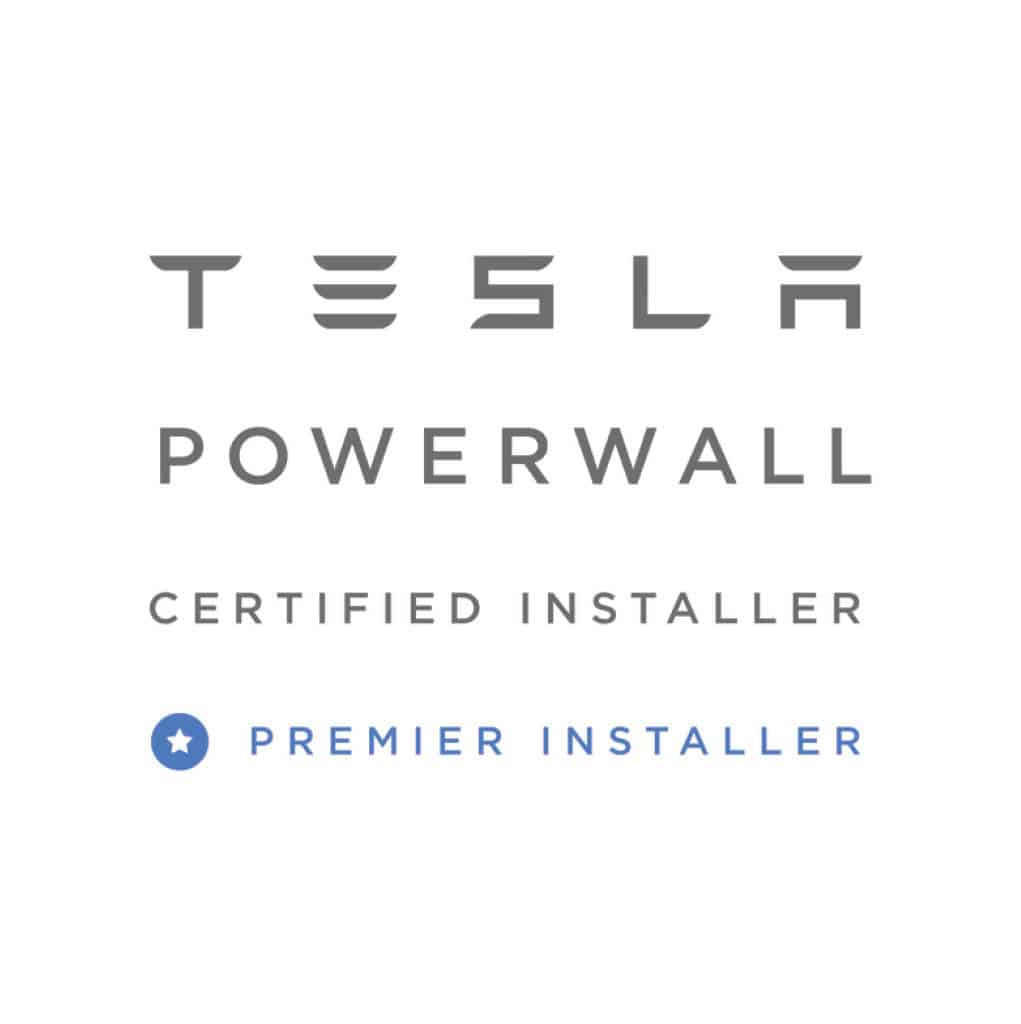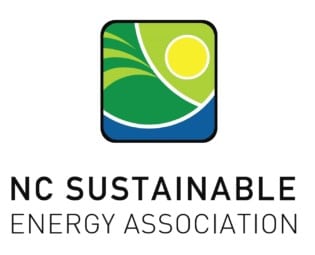The Virginia Clean Economy Act (VCEA) is clean energy legislation that Governor Ralph Northam signed into law on April 11th, 2020. The Act aims to spur clean energy job creation and reduce the state’s carbon emissions primarily by expanding wind and solar power.
One of the Act’s most important provisions is the establishment of a mandatory renewable portfolio standard (RPS), which sets Virginia on a path to reach 100 percent clean electricity by 2050. Virginia is not the first state to pass such an ambitious clean energy target, but it is the first southern state to do so.
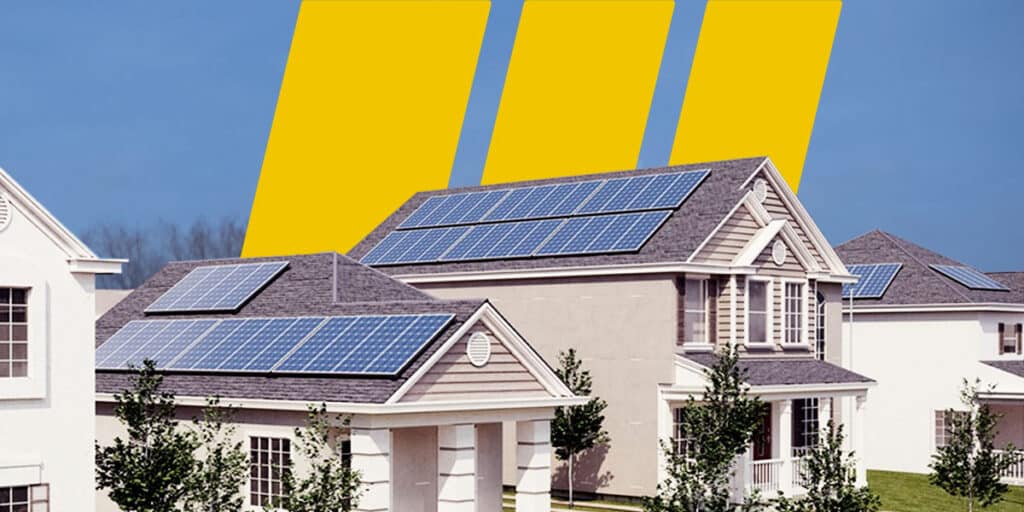
The VCEA includes more than just clean energy targets, but some details are very technical and difficult to unpack. Key initiatives included in the bill are:
- Large investor-owned utility companies in the state, Dominion Energy and Appalachian Power, must retire their carbon-emitting electrical generation facilities. The dates for retirement depend on the type and size of the facility.
- The net metering cap for residential customers has increased from 20 kW to 25 kW. Residential Dominion customers can also size their system to meet up to 150 percent of their annual electricity demand.
- Specific megawatt (MW) targets are established for offshore wind, solar, and energy storage.
- New energy efficiency standards for utilities are established, including programs to support low-income populations.
- The RPS includes a solar carve-out for Dominion, mandating that at least one percent of its renewable energy generation must come from distributed solar panel systems less than one MW in size.
The VCEA went into effect on July 1st, 2020.
For homeowners considering solar, the VCEA has positive implications:
- New solar incentives are introduced, including solar renewable energy certificates (SRECs), which provide extra income for generating solar power.
- Dominion Energy customers can now install a system sized to meet up to 150 percent of their annual electricity usage.
- The bill mandates that Dominion cannot charge standby fees for their solar customers with systems less than 15 kW, raising the previous limit of 10 kW. Standby fees are also removed entirely for Appalachian Power customers, regardless of system size.
Encouraging Small-Scale, Rooftop Solar Energy
The VCEA encourages the state to widely adopt distributed electricity, like rooftop solar panels that turn unused spaces into sources of clean energy.
A great example of the VCEA’s effect is how rooftop solar has spread across Virginia’s public schools. Two Virginia-based solar companies, worked together to set up solar panels on the roofs of Powhatan County Schools.
Dr. Eric Jones, the Superintendent of Powhatan County Public Schools, summed up the big wins from the VCEA: environmental, economic, and educational. “Our solar energy project has saved us money and given our teachers and students priceless hands-on learning experiences. It also shows our community’s strong support for clean, renewable energy,” he said.
Implementing a Carbon Pollution Cap through RGGI
To decarbonize Virginia’s electricity grid fully by 2045, it is necessary to implement a cap on carbon pollution.
Following the VCEA’s enactment, Virginia entered the Regional Greenhouse Gas Initiative (RGGI), initiating a cap-and-trade program aimed at reducing greenhouse gas emissions by setting carbon dioxide allowance limits for polluters. Virginia stands as the first Southern state to participate in RGGI, joining 10 other states across the Mid-Atlantic and Northeast.
During Virginia’s inaugural year in RGGI, the Commonwealth garnered $228 million from RGGI auctions. The state allocates half of the RGGI proceeds to support energy efficiency programs for low-income citizens and the remaining half to flood prevention and resiliency efforts, funded by the revenue from the state’s new carbon market.
Setting Energy Efficiency Resource Standards
The VCEA set efficiency standards aimed at lowering the state’s overall energy consumption while safeguarding low-income households. Virginia families face the 10th highest average residential electricity bills in the country, which are 14% above the national average. The energy efficiency standards serve to reduce utility bills for Virginian consumers, particularly benefiting low-income families who spend a more significant portion of their income on these expenses.
The commitment to energy efficiency extends with the allocation of half of the RGGI proceeds towards energy efficiency initiatives for low-income homes. Energy efficiency investments generate twice as many jobs per dollar compared to fossil fuels, with 96% of these jobs belonging to small businesses within the Commonwealth.
Enhancing energy efficiency measures reduces carbon pollution as the demand for gas falls and utilities operate more efficiently. Most crucially, the reduction in utility development and the decrease in energy consumption lead to cost savings for ratepayers.
Building a 100% Clean Energy Grid
To achieve a 100% carbon-free electricity grid, we follow four key steps, inspired by the “Reduce, Reuse, Recycle” approach to energy management. First, we aim to cut down carbon pollution and energy use with carbon limits and tough energy-saving rules. Next, we focus on boosting renewable energy, especially using already developed areas and rooftops for solar power. To fully transition to clean energy, we also “recycle” by building big solar projects and offshore wind farms.
The VCEA has already jump-started a huge offshore wind power industry. With one of the boldest offshore wind goals in the nation, Virginia is becoming a leading center for the offshore wind sector, worth over $100 billion.
As we expand large solar projects to hit our clean energy targets, we’ll keep pushing for smart land use. This includes using Pollinator-Friendly designs to manage stormwater, cut down erosion, and, most importantly, boost pollinators and biodiversity. Landowners can even employ solar sheep to lower upkeep costs, cut down on gas-powered lawn tools, and give local farmers more agricultural space.
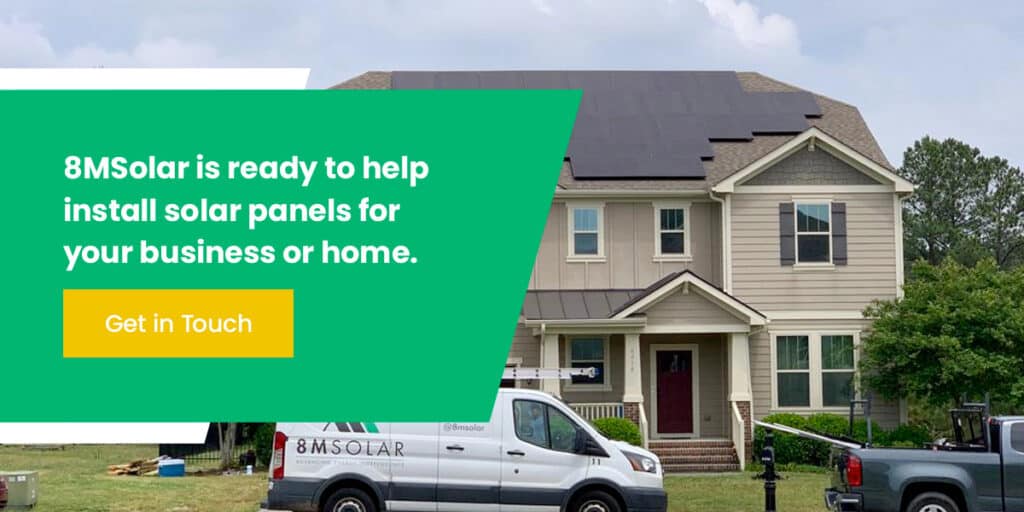
Learn More From 8MSolar
If you are curious about what this means for you as a citizen of Virginia reach out to our team of experts at 8MSolar to see how you can take advantage of this new initiative. 8MSolar is equipment agnostic which means we will do what is best for your situation. Call us today!
